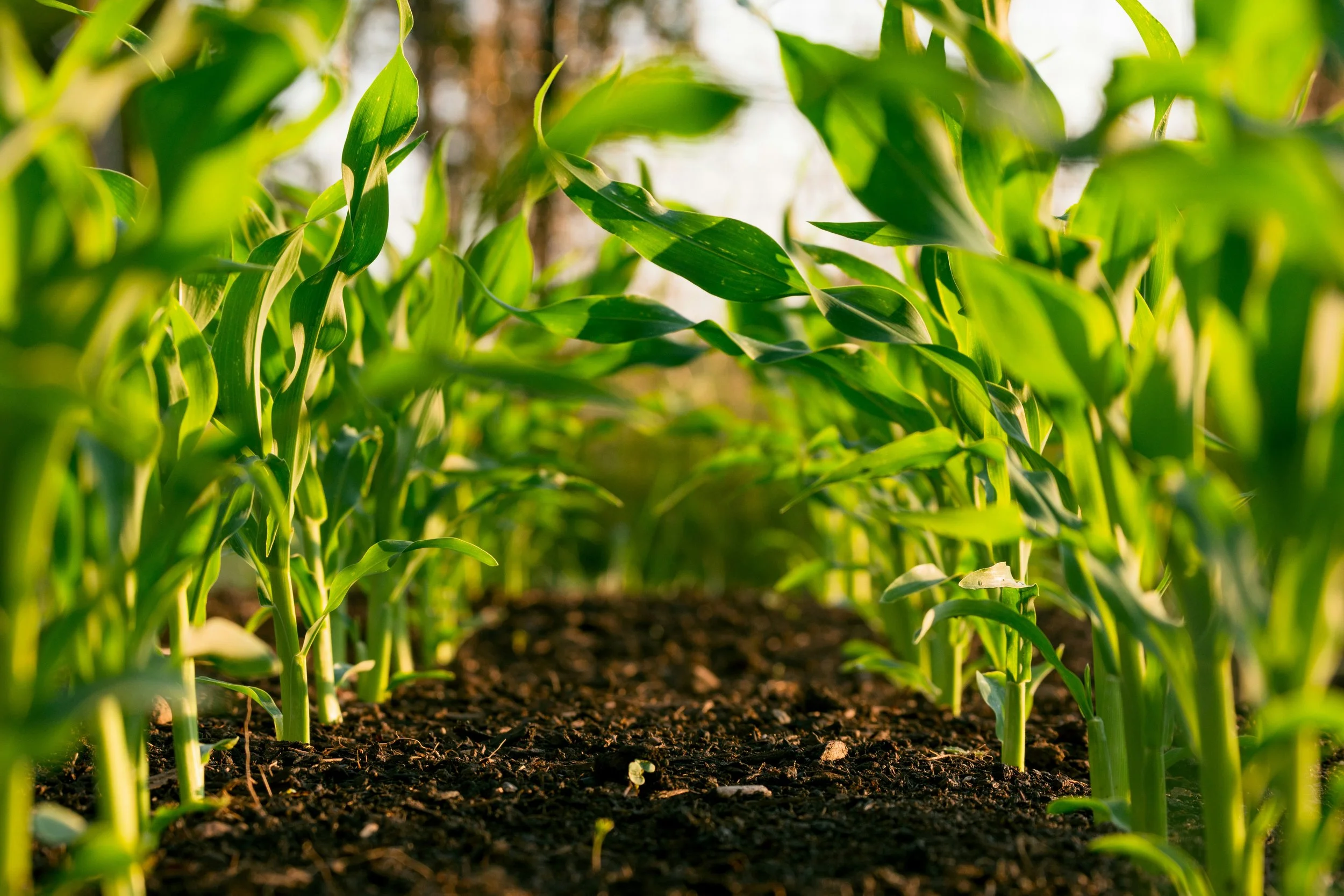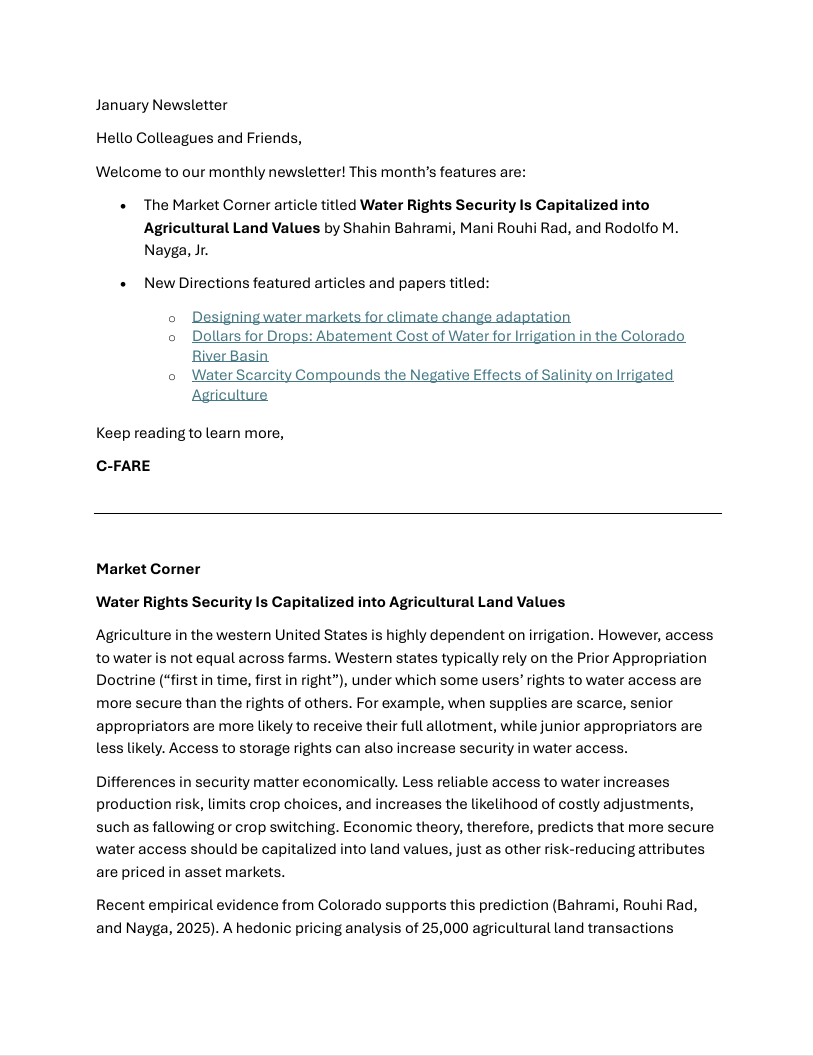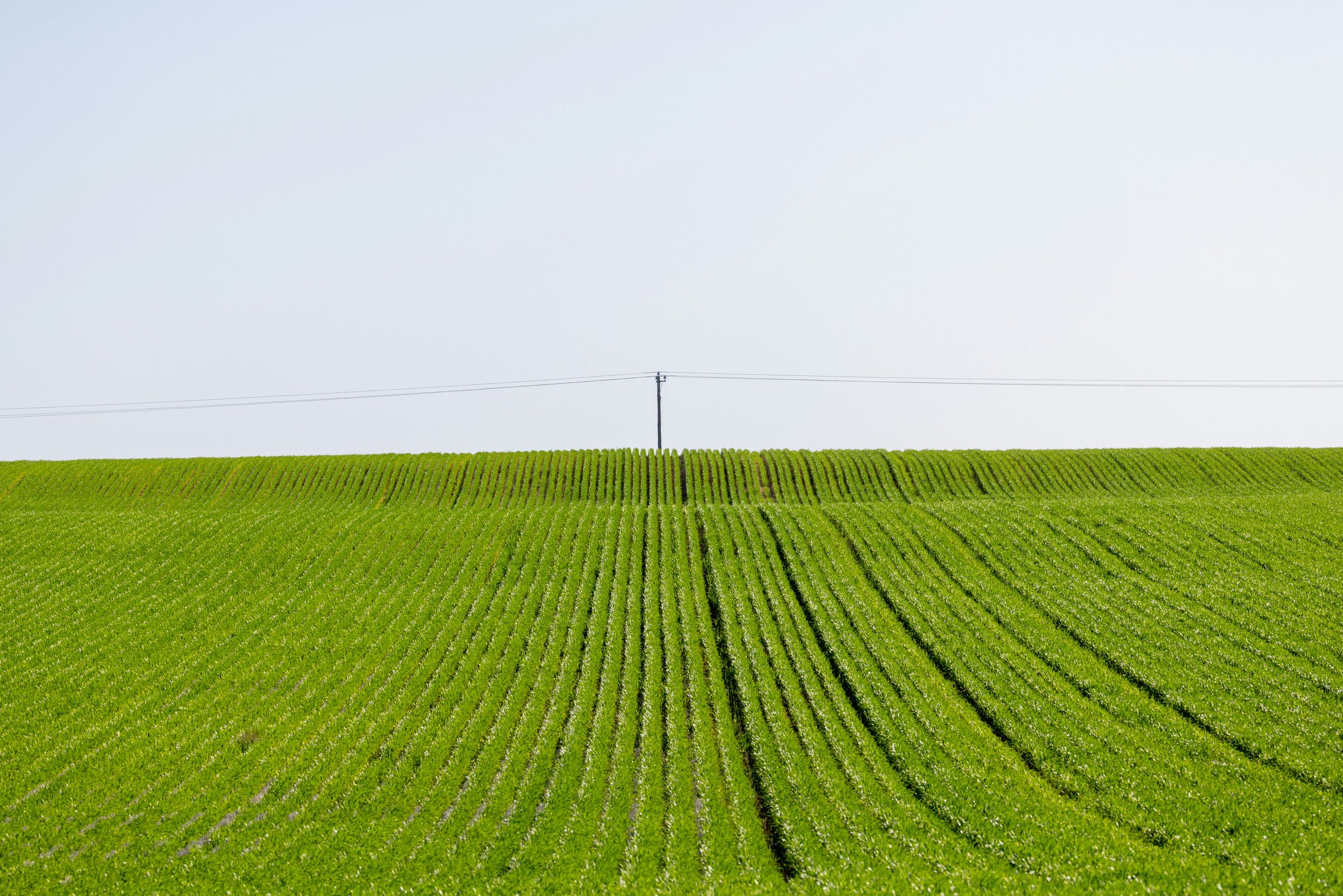Agricultural R&D: A Neglected, Crucial Public Good
The Council on Food, Agriculture and Resource Economics webinar, “Agricultural R&D: A Neglected, Crucial Public Good,” examined the essential role of public agricultural research and development (R&D) in driving productivity growth, strengthening food security, and supporting environmental sustainability.
Rural Prosperity Links to Conservation Agriculture
The December Council on Food, Agriculture and Resource Economics webinar presents findings from three Federally funded projects related to conservation agriculture and crop diversity in larger agricultural systems. Protecting natural resources while improving farm profitability are two major goals of USDA.
Envisioning food and agricultural data for the future: Engaging communities to identify trusted data
This webinar focuses on how to respond to the changing data landscape that is likely to affect food and agricultural research. As uncertainty grows about the availability of federally produced data, our community may need to build ways of identifying what other sources of data can be trusted for research purposes.
U.S.-China Relations: Challenges and Opportunities for American Agriculture
The evolving dynamics between the United States and China are profoundly shaping the global landscape. This webinar will explore the implications of US-China relations for the agricultural sector, focusing on key issues such as the significance of these bilateral ties for American agriculture, the lasting effects of the US-China trade war, and the future outlook for trade relations.




















